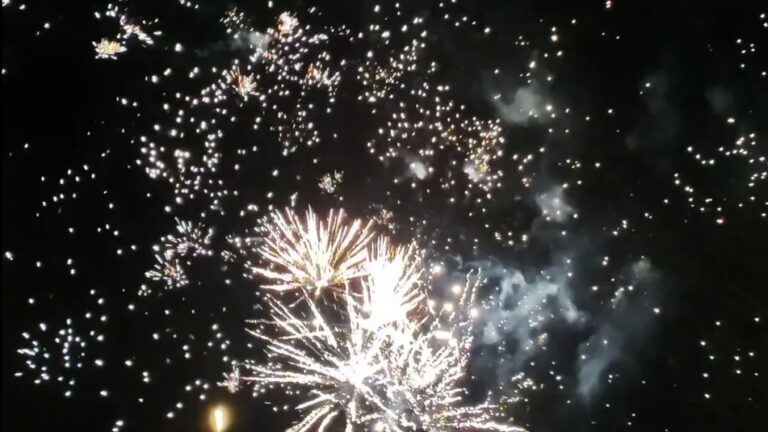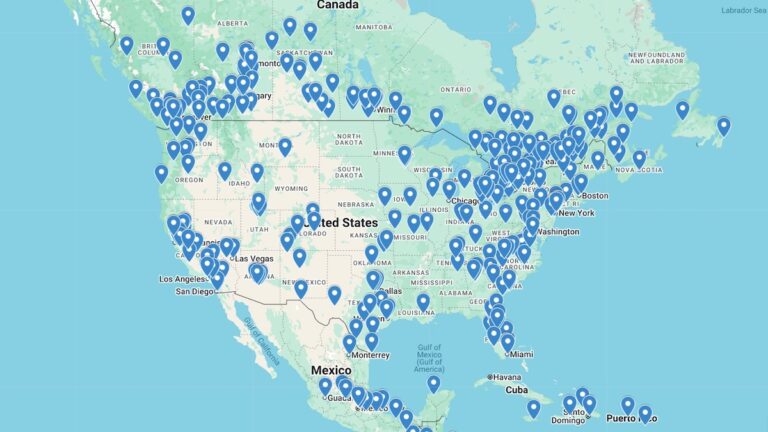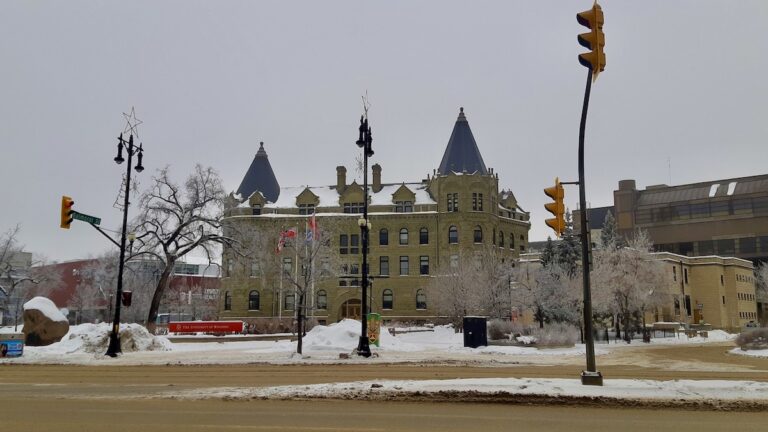
This week’s article explores the growing trend of self-managed arts spaces, highlighting best practices, challenges, and visions for a sustainable, non-hierarchical arts ecosystem. The future of artist-run initiatives is collaborative, resourceful, and empowering. Read on for lessons from successful collective-driven projects.
Week Five of a Five-Part Series. Read Part Four Here.
As the arts community continues to evolve, a key question emerges: how can we build a more sustainable, inclusive, and self-managed arts ecosystem? For decades, the arts sector has been dominated by hierarchical structures, with funding and decision-making largely controlled by government bodies, corporations, and institutional gatekeepers. However, a growing movement towards self-managed, decentralized arts spaces and initiatives is challenging these traditional power dynamics. Turning away from top-down control and embracing collective ownership, artists are carving out new ways of working that are more equitable and better reflect the diversity of the creative community.
Shifting toward a self-managed arts structure requires a reimagining of the way we approach not only funding and governance, but also collaboration and decision-making. Best practices for building a self-managed arts space or collective emphasize transparency, inclusivity, and consensus-based decision-making. This approach allows all participants to contribute to the process, ensuring that decisions are made democratically and reflect the collective values of the group. When done effectively, self-management can encourage a deeper sense of community and shared responsibility, leading to more sustainable outcomes for artists and organizations alike.
However, this transition is not without its challenges. Moving away from traditional funding models, which often rely on grants, sponsorships, and institutional support, can leave artists and organizations vulnerable to financial instability. Securing resources becomes more complex as the reliance on external funding decreases, and the pressure to develop alternative revenue streams increases. Artists and collectives must be resourceful, tapping into community support through crowdfunding, mutual aid, and partnerships to sustain their work. Additionally, balancing the creative vision of the group with the practical aspects of running a space—such as logistics, scheduling, and administration—requires careful planning and a willingness to adapt.
Despite these challenges, the rewards of self-management are clear. Not only does it foster a sense of ownership and empowerment among artists, but it also opens up new possibilities for collaboration, experimentation, and innovation. The move toward non-hierarchical, artist-run spaces has resulted in a rich diversity of artistic practices, with a broader range of voices and perspectives represented. In many cases, these spaces have become incubators for cutting-edge work that might not fit into more conventional, institutional structures.
A prime example of this can be seen in the success stories of organizations and collectives that have transitioned to self-management in recent years. In Manitoba and Northwestern Ontario, for instance, the artist-run gallery Art Borups Corners and its Winnipeg Arts Incubator program have successfully implemented a self-managed structure, where artists collectively make decisions on everything from programming to financial matters. Eliminating the need for a formal board or outside management, the groups have been able to reinvest the majority of its funds directly into programming and artist support, rather than administrative overhead.
Looking forward, the next steps for the self-managed arts movement involve both reflection and action. What can be learned from the successes and failures of current models? How can self-managed arts spaces expand and evolve to meet the changing needs of artists and communities in the coming years? One key takeaway is the importance of fostering long-term sustainability through diverse funding sources, community partnerships, and continuous adaptation to shifting cultural, political, and economic landscapes. The evolution of self-managed spaces will require not just innovation, but also resilience in the face of challenges.
In order for self-managed, non-hierarchical models to thrive, arts communities must continue to push for broader systemic change. This means advocating for policies that support alternative funding structures, the equitable distribution of resources, and the recognition of artist-run initiatives as vital to the health of the arts sector. It also means continuing to educate and mentor the next generation of artists, empowering them to take ownership of their creative environments and become active drivers in the shaping of the future arts landscape.
In the end, a sustainable, non-hierarchical arts ecosystem is one where artists, communities, and audiences share in the responsibility and rewards of the creative process. It’s a system that values collaboration over competition, inclusivity over exclusivity, and transparency over secrecy. While the path toward this future is not always straightforward, the momentum behind self-managed arts spaces and initiatives shows that it is possible to build an arts ecosystem that is truly reflective of the diverse, dynamic, and ever-evolving world in which we live.
So, where do we go from here?




